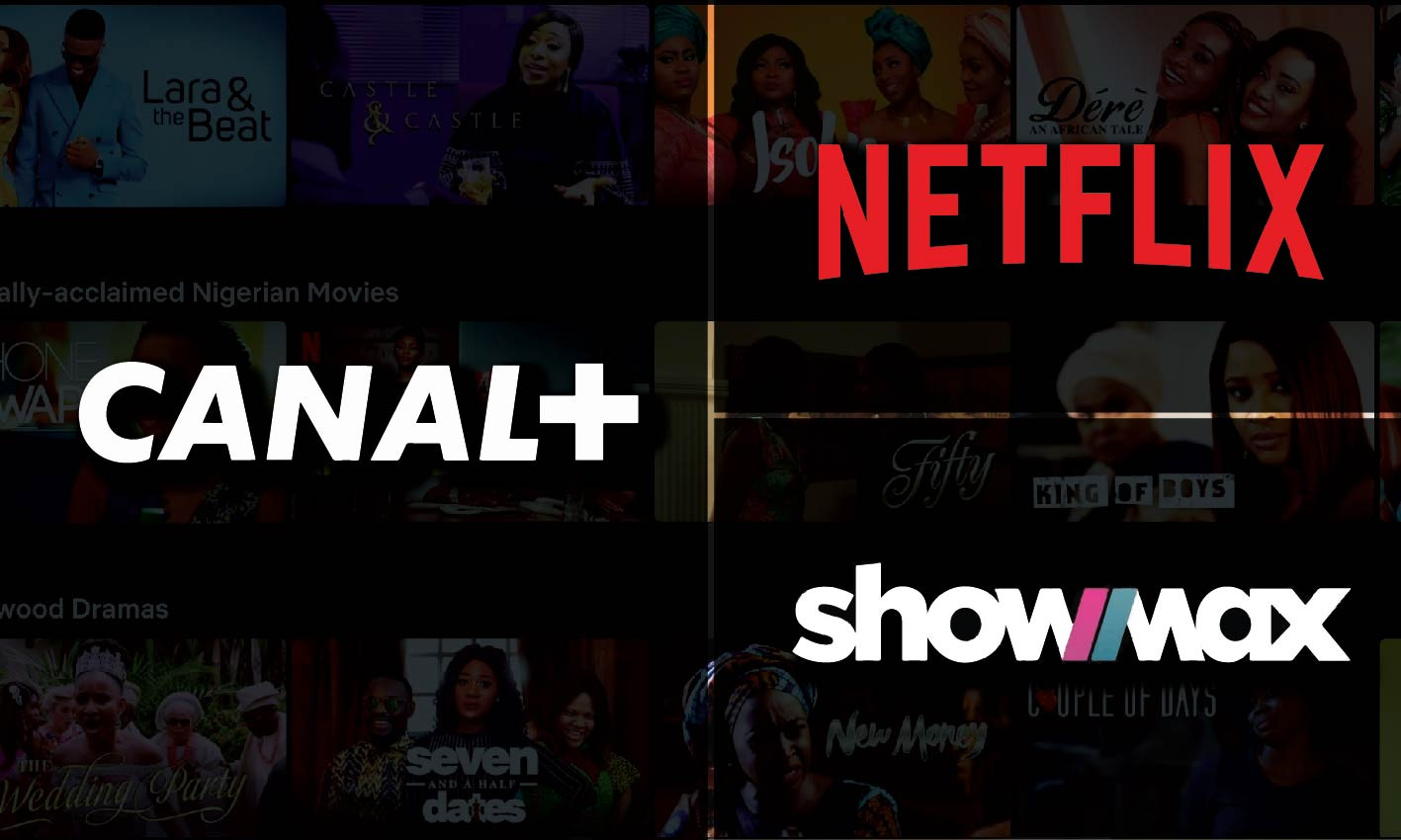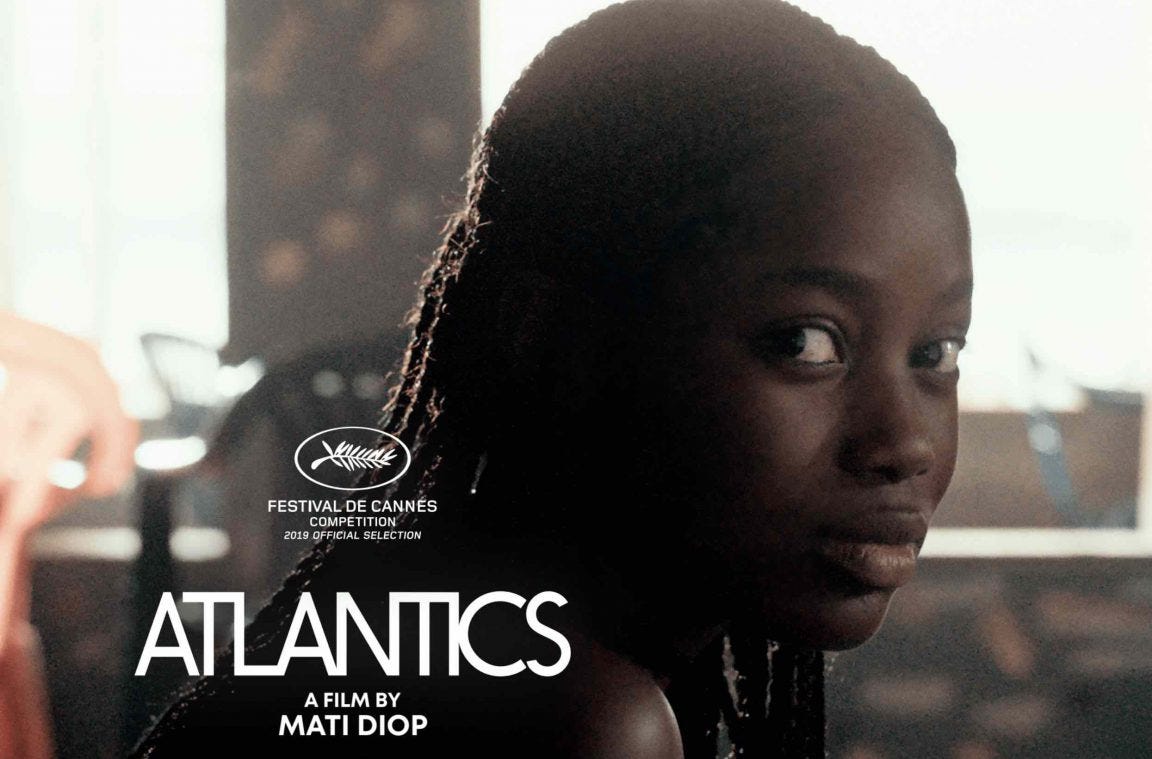The Impact of Local Narratives in the Global Film Industry: How Rooted Stories Are Reshaping Global Audiences
In 2023, Netflix revealed a data point that startled Hollywood decision-makers: non-English titles accounted for nearly 40 percent of all global viewing hours. That wasn’t a blip. It was a turning point. For the first time in modern film history, global audiences were choosing local narratives—rooted in distinct cultures, languages, and histories—over the once-dominant monoculture of Hollywood.
The message is clear:
The future of global cinema is not in universal stories, but in deeply local ones.
And nowhere is this shift more visible—or more strategically significant—than in Africa.
Why Local Stories Are Winning Global Attention
Global audiences are not rejecting global content. They’re rejecting generic content.
A decade ago, studios believed international success depended on making stories as culturally neutral as possible—stripping out specific references, dialects, religions, anything too local. Today, the opposite is true. Streams, box office numbers, and festival accolades confirm a new reality:
Audiences don’t want stories that erase local identity—they want stories anchored in it.
The psychology is simple:
Local detail makes stories more emotionally believable.
Cultural specificity signals authenticity, and authenticity builds trust.
Audiences want to feel transported—not catered to.
It’s why a Wolof-language supernatural drama like Atlantics could win the Grand Prix at Cannes, why Lionheart in Igbo became Nigeria’s first Netflix original, and why Mami Wata—shot entirely in black and white with West African folklore—received global critical acclaim without adjusting itself to Western tastes.
Streaming Platforms Have Changed the Rules
Before the streaming era, global distribution was the single greatest barrier to African cinema. Even exceptional films rarely made it past local theaters or small festival circuits.
Today:
Netflix is available in 190 countries
Amazon Prime Video is expanding original African content acquisition
Canal+ has invested heavily in Nollywood studios
MultiChoice (Showmax) is now backed by Comcast and NBCUniversal to scale African originals globally
This is not charity. It’s economics.
In 2022, Netflix reported that its African subscribers watched more locally produced titles than imported ones for the first time. When Anikulapo (a Yoruba epic) surpassed international blockbusters on the platform, it was a flashing signal: authenticity is not a niche—it’s a growth market.
From Cultural Export to Strategic Asset
African cinema is not just entertainment. It is soft power, economic leverage, and intellectual property with compounding value.
Countries that invest in local storytelling are not just shaping perception—they are shaping global economics.
Consider the following:
South Korea’s film and television exports bring in over $10 billion annually, driven largely by hyper-local storytelling (think Parasite, Squid Game) that never apologized for its Korean-ness.
Nigeria’s film industry (Nollywood) is the second-largest producer of films in the world, contributing over $7 billion to GDP annually, and is poised to scale even further with international co-productions.
African films are now featured in major academy award campaigns, global distribution networks, and emerging co-production treaties that will determine how revenue flows over the next decade.
The rise of African narratives is not merely artistic. It is geopolitical.
Case Studies: How Local Became Global
1. Atlantics (Senegal)
Spoken in Wolof. Rooted in Dakar’s socioeconomic struggles. A supernatural love story intertwined with migration and grief. No attempt to universalize the setting. It won the Grand Prix at Cannes and became a global streaming hit.
Why it worked:
Authentic representation of West African realities
A genre-bending narrative that felt fresh because it came from place
Global audiences want stories they cannot get anywhere else
2. Lionheart (Nigeria)
Nigeria’s first Netflix Original, directed by Genevieve Nnaji. Shot in English and Igbo. Celebrated for its portrayal of Igbo entrepreneurship, family dynamics, and regional identity.
Impact:
It proved an African story could travel globally without Westernization. The film opened the door for multiple African originals in Netflix’s pipeline.
3. The Woman King (Africa-US Co-production)
Based on the Agojie warriors of Dahomey (present-day Benin). While produced with Hollywood resources, the narrative remained firmly rooted in African historical context.
Result:
It grossed over $90 million at the global box office and ignited conversations around African history, identity, and cultural representation. Instead of local stories adjusting to global audiences, the global audience adjusted to the local story.
4. Anikulapo (Nigeria)
Released in 2022, this Yoruba-language Netflix original outperformed global hits in its debut week. Shot in Oyo, using traditional costumes, folklore, and mythology, it demonstrated that audiences are hungry for culturally immersive experiences.
Lesson:
The deeper the cultural roots, the wider the global reach.
Why This Shift Is Inevitable
1. Diaspora Dynamics
With over 170 million people of African descent living outside the continent, diaspora audiences represent one of the most powerful consumer blocs in the streaming economy. They are not looking for generic representation—they want cultural reconnection. Local narratives serve that desire.
2. The End of Monoculture
Hollywood’s dominance was predicated on limited distribution channels. Streaming broke that monopoly. Viewers now curate globally, not locally.
3. Algorithmic Acceleration
Streaming platforms have discovered something powerful: local-language titles have higher engagement times and lower churn. This makes them more profitable than many Hollywood titles.
The story is no longer measured by box office, but by attention minutes—and African stories are winning attention.
Local Narrative as Economic Engine
A film is not just content. It is intellectual property (IP), and IP generates revenue across multiple streams:
Streaming rights
Theatrical releases
Remakes
Merchandise and fashion tie-ins
Tourism
Cultural branding
This is why Rwanda is building its first national film fund, Kenya is establishing co-production treaties, and Nigeria is negotiating with Netflix for broader rights ownership in Nollywood titles.
Countries understand: whoever controls the narrative controls the economic future of culture.
The Future Is Local—and the Future Is Here
We are witnessing a fundamental reordering of the global film economy.
Local stories are no longer stepping stones to global validation.
They are the global narratives that audiences are choosing, streaming platforms are investing in, and policymakers are now protecting.
What’s next:
AI tools will accelerate local-language dubbing, making African cinema instantly accessible in dozens of countries.
Decentralized financing models will enable creatives to raise funds globally while maintaining cultural ownership.
African-owned platforms will emerge not as alternatives to Netflix, but as global competitors powered by culturally specific content.
Final Thought
The future of global film will not be determined by who can tell the most universal story. It will be determined by who can tell the most authentically local one.
From Lagos to Dakar, from Accra to Nairobi, Africa is not just entering the global film conversation—it is redefining it.
The world is no longer asking if local narratives can go global.
The world is watching because they already have.
A guest post by
A curious mind exploring the crossroads of creativity and insight.






